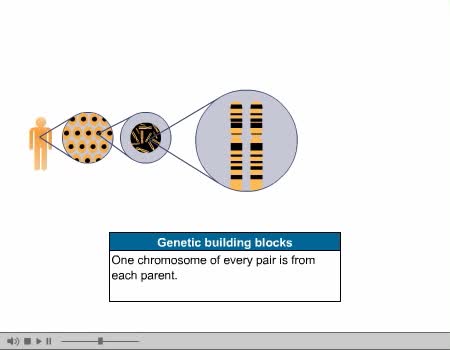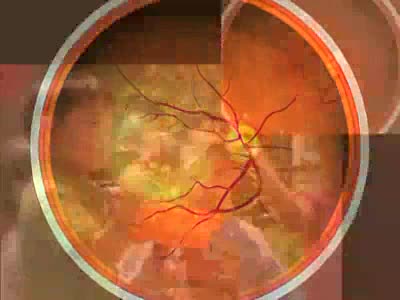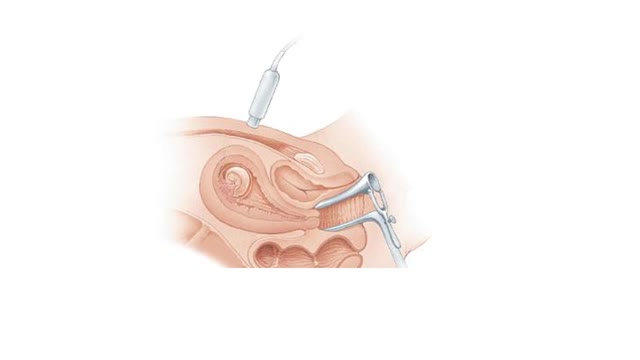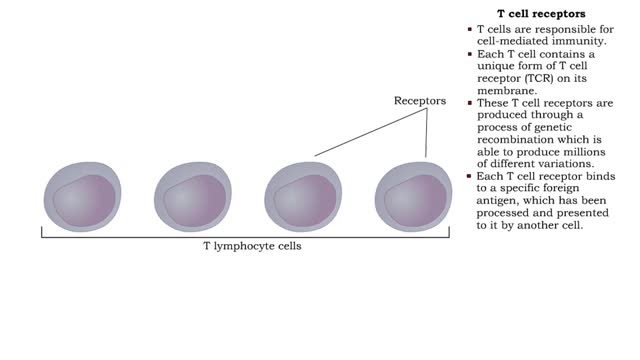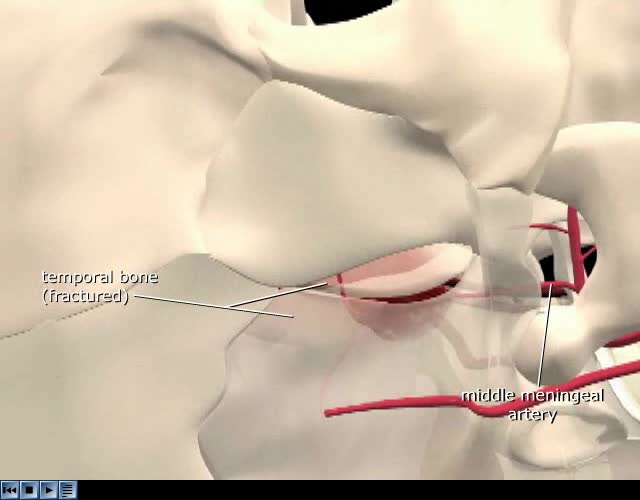Search Results
Results for: 'genetic disorder'
By: Administrator, Views: 14706
Genetics is a branch of biology concerned with the study of genes, genetic variation, and heredity in organisms. Gregor Mendel, a scientist and Augustinian friar, discovered genetics in the late 19th-century. Mendel studied "trait inheritance", patterns in the way traits are handed down from p...
Introduction to Macular Degeneration
By: Administrator, Views: 14650
Macular degeneration An incurable, age-related, progressive eye disease that affects more than 10 million Americans. Leading cause of blindness for those ages 55 and older. Macular degeneration For the first time, researchers have linked gene defects to macular degeneration. Could lead to ...
Amniocentesis and CVS Animation
By: HWC, Views: 8517
Amniocentesis and chorionic villus sampling (CVS) are prenatal diagnostic tools. In amniocentesis, which can be performed as early as 14 weeks into the gestation period. A syringe needle is inserted through the abdominal and uterine walls to withdraw some amniotic fluid. The fluid contains...
By: Administrator, Views: 14834
Hyposecretion or inadequate use of insulin may result in diabetes mellitus (DM). Hypersecretion of insulin may result in hyperinsulinism. Diabetes mellitus is the most common endocrine system disorder of childhood. Symptoms include: Polyuria Polydipsia Polyphagia Management of DM durin...
By: Administrator, Views: 15366
Leukemia is a type of cancer that affects the blood and bone marrow. Leukemia begins in a cell in the bone marrow. The cell undergoes a change and becomes a type of leukemia cell. Once the marrow cell undergoes a leukemic change, the leukemia cells may grow and survive better than normal cells.
By: HWC, Views: 11254
• T cells are responsible for cell-mediated immunity. • Each T cell contains a unique form of T cell receptor (TCR) on its membrane. • These T cell receptors are produced through a process of genetic recombination which is able to produce millions of different variations. • Each T ce...
By: Administrator, Views: 15827
Parkinson's disease (PD) is a long-term degenerative disorder of the central nervous system that mainly affects the motor system. As the disease worsens, non-motor symptoms become increasingly common. The symptoms generally come on slowly over time. Early in the disease, the most obvious are shak...
By: Administrator, Views: 14719
The precise source of diabetic issues in children is not known. However, aspects like genetics, household history, bad diet plan, etc. are considered as some of the diabetes causing aspects. In many of the cases, adolescent diabetes is a genetic (acquired at birth). diabetes symptoms in children ...
By: Administrator, Views: 14470
Epidural hematoma is when bleeding occurs between the tough outer membrane covering the brain (dura mater) and the skull. Often there is loss of consciousness following a head injury, a brief regaining of consciousness, and then loss of consciousness again. Other symptoms may include headache, co...
Advertisement



